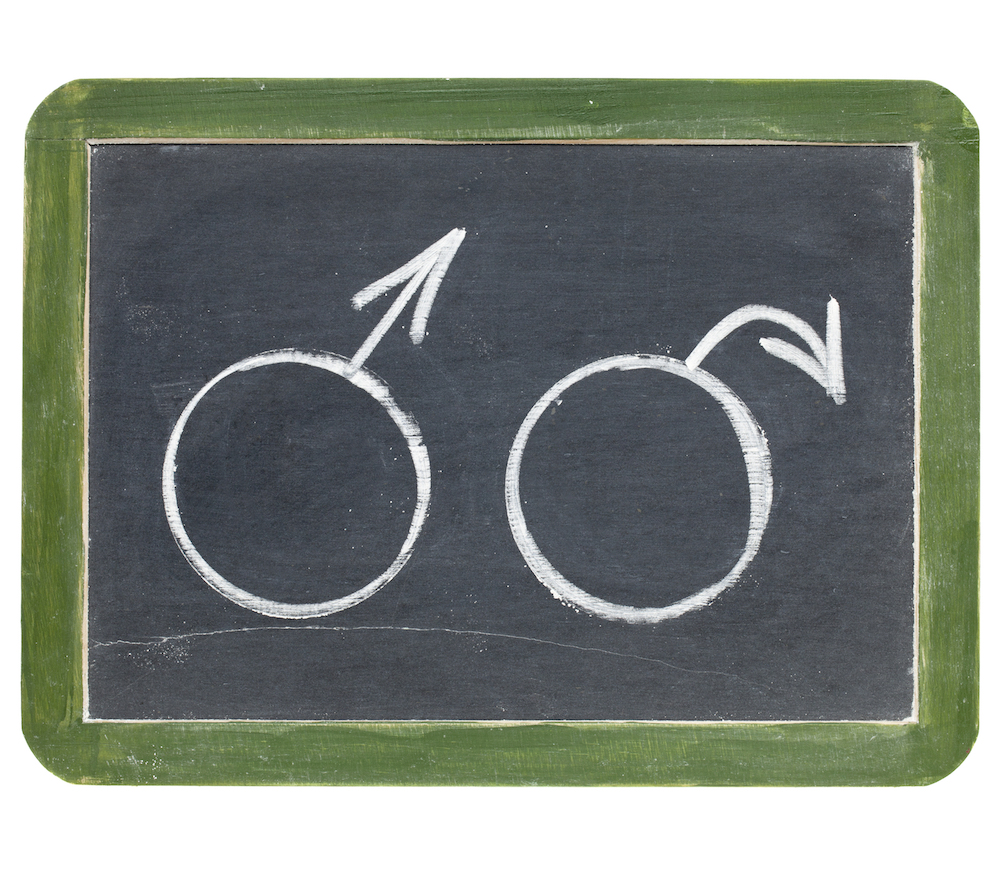Periandropause – Perimenopause for Men

Nowadays, it is also becoming more well-known that men go through their own version of menopause—for them, the midlife change is known as andropause. In andropause, men experience many of the same symptoms women in menopause feel: fatigue, depression, irritability, anxiety, loss of memory or concentration, loss of sex drive, erectile dysfunction, and more. And just like women, men can also go through their own version of perimenopause known as periandropause. Periandropause can occur when a man’s hormone levels start to decline.
That’s what was happening to Dave, a 37-year-old man who came to me after moving to Canada from the U.S., getting married, and having his first child—all within a two-year span of time. He was anxious and irritable, and he was having trouble dealing with even the smallest of problems. He was gaining weight around his midsection, had foggy thinking and memory lapses, was waking up groggy and with muscle aches and stiffness, and he had lost his drive for sex—compounded by his increasing inability to get an erection.
He wasn’t taking any medications when he came to see me. When I conducted lab testing on him, his results came back showing low testosterone and other hormonal imbalances. I diagnosed him with andropause and adrenal fatigue and began treating him with an individualized regimen.
Two months later, he was handling stress much better and his irritability was significantly improved. I increased his testosterone dosage because there was still room for improvement in some of his symptoms. Today, he is doing great. He has lost weight and returned to regular exercise at the gym where he is building up his lost muscle mass.
Testosterone replacement therapy for men is safe and can provide significant benefits. At my practice, Signature Hormones, we primarily administer transdermal testosterone, which has proven to be 81 percent effective in resolving issues with erectile dysfunction. On occasion, when someone does not respond to cream, we may administer intramuscular injections, which have proven to be 53 percent effective.
Just as menopause in a woman signals the beginning of a decline in hormones as a natural part of aging, a man’s testosterone levels decline as a result of the aging process. In fact, a man’s testosterone levels peak in his mid-20s, and then start a gradual decline, declining about 1 percent per year starting around age 40. By ages 50 to 70, half of healthy men will have bioavailable levels of testosterone below the lowest levels found in healthy men half their age.
Men have testosterone receptors throughout their bodies, which explains why a decline in this vital hormone can cause a range of symptoms. In addition to being involved in the formation of muscle and protein, testosterone helps manufacture bone and improves oxygen uptake. It also helps control blood sugar, regulates cholesterol, maintains a powerful immune system, aids in mental concentration, improves mood, and protects the brain against Alzheimer’s disease.
Hormone replacement therapy is a viable option for men. When choosing a provider to help balance your hormones, look for one with the right training and experience, someone with a comprehensive knowledge of how hormones work in the body and how to help return balance to your body’s hormones and give you back your life.
Learn more about the proven therapies that can help you feel great again by visiting my website. Be sure to take my Signature Hormone Diagnostic Assessment!
